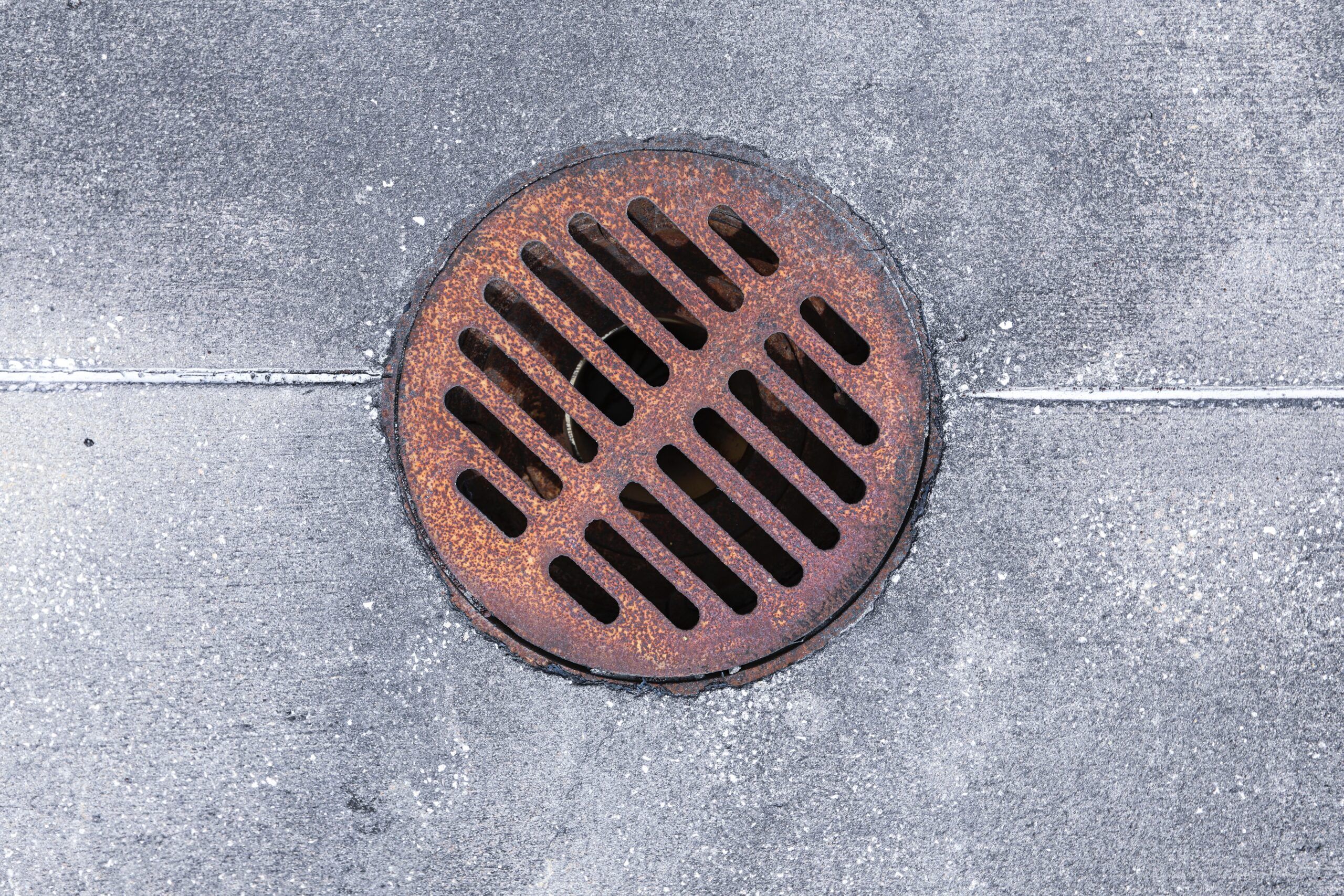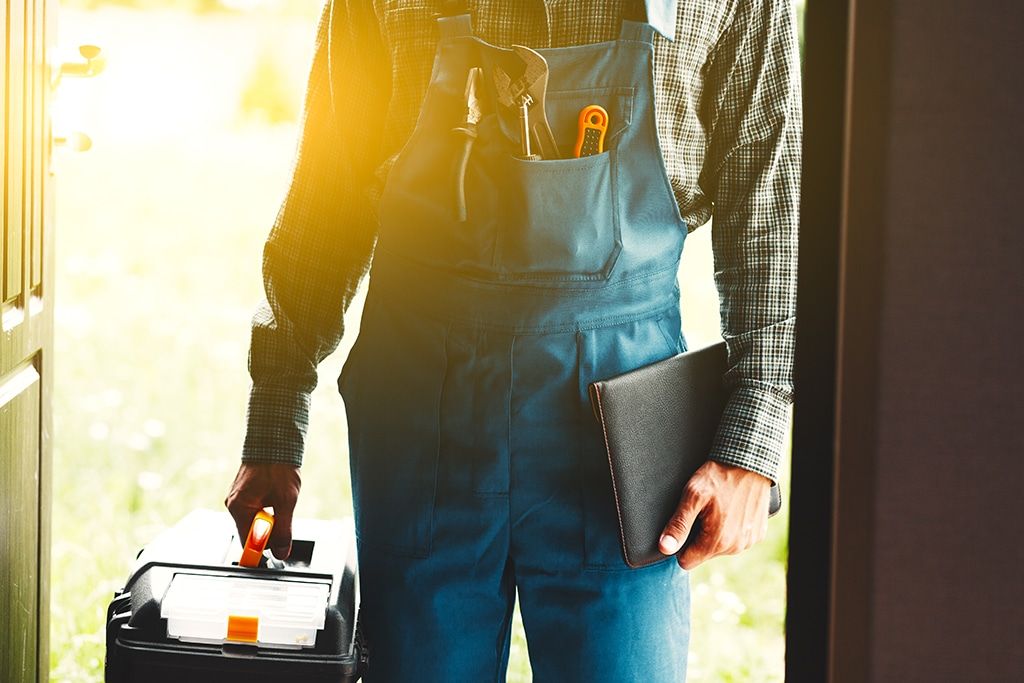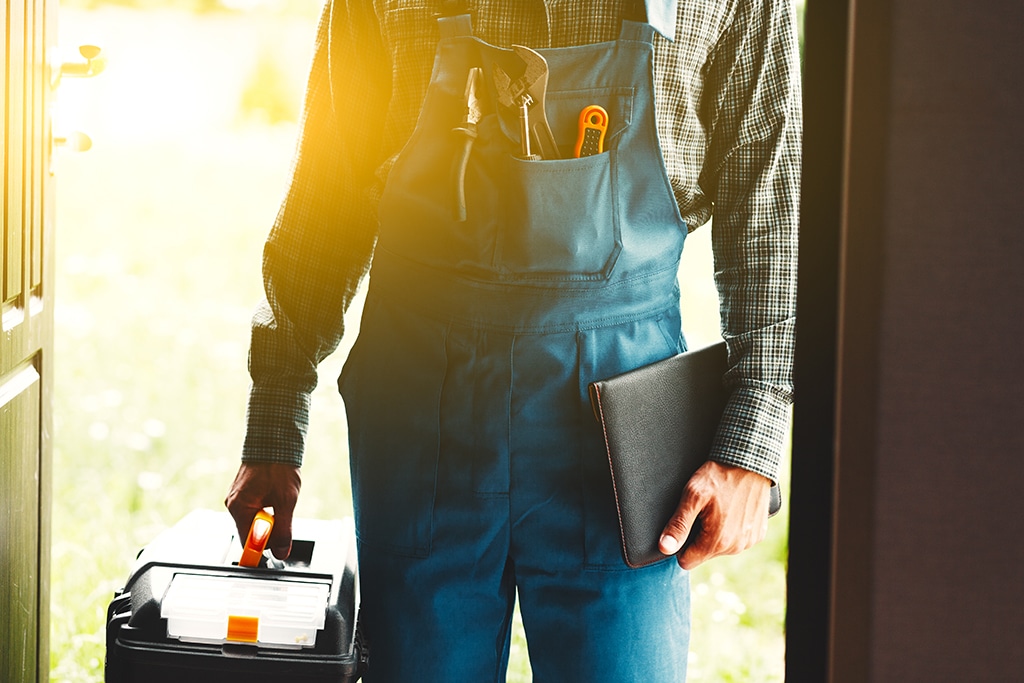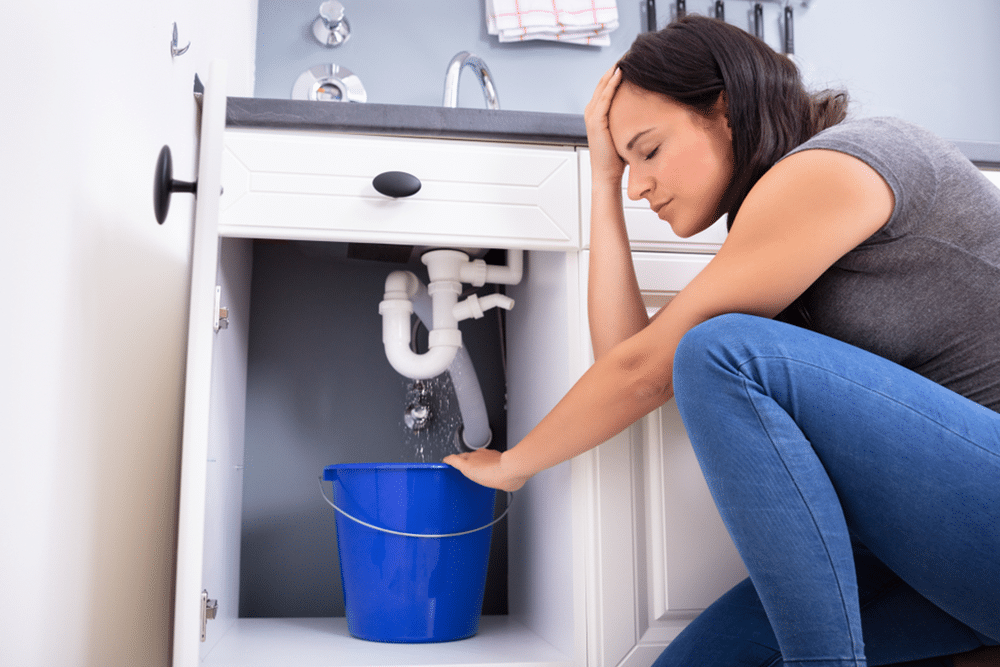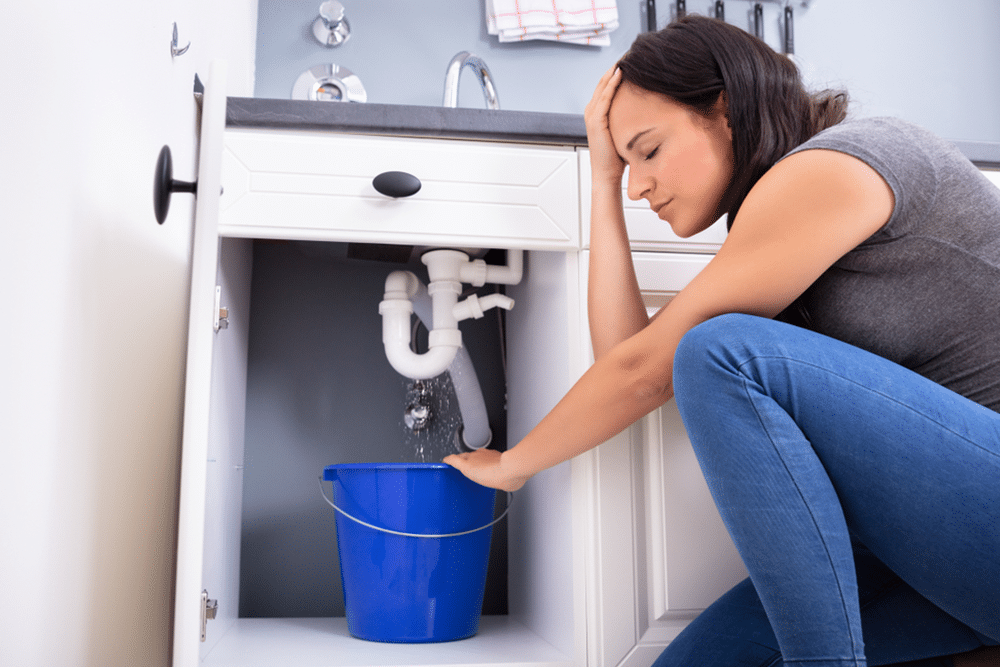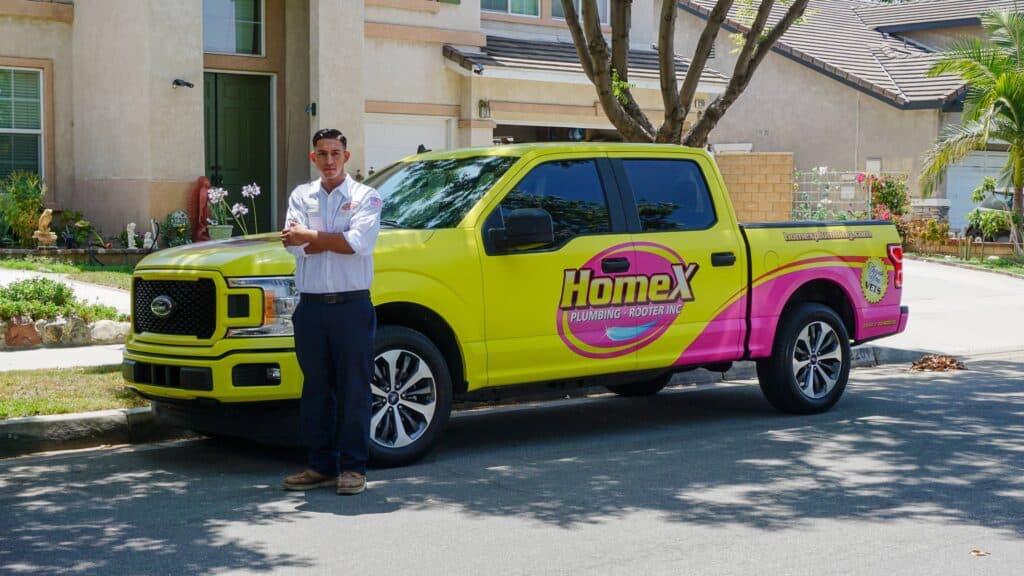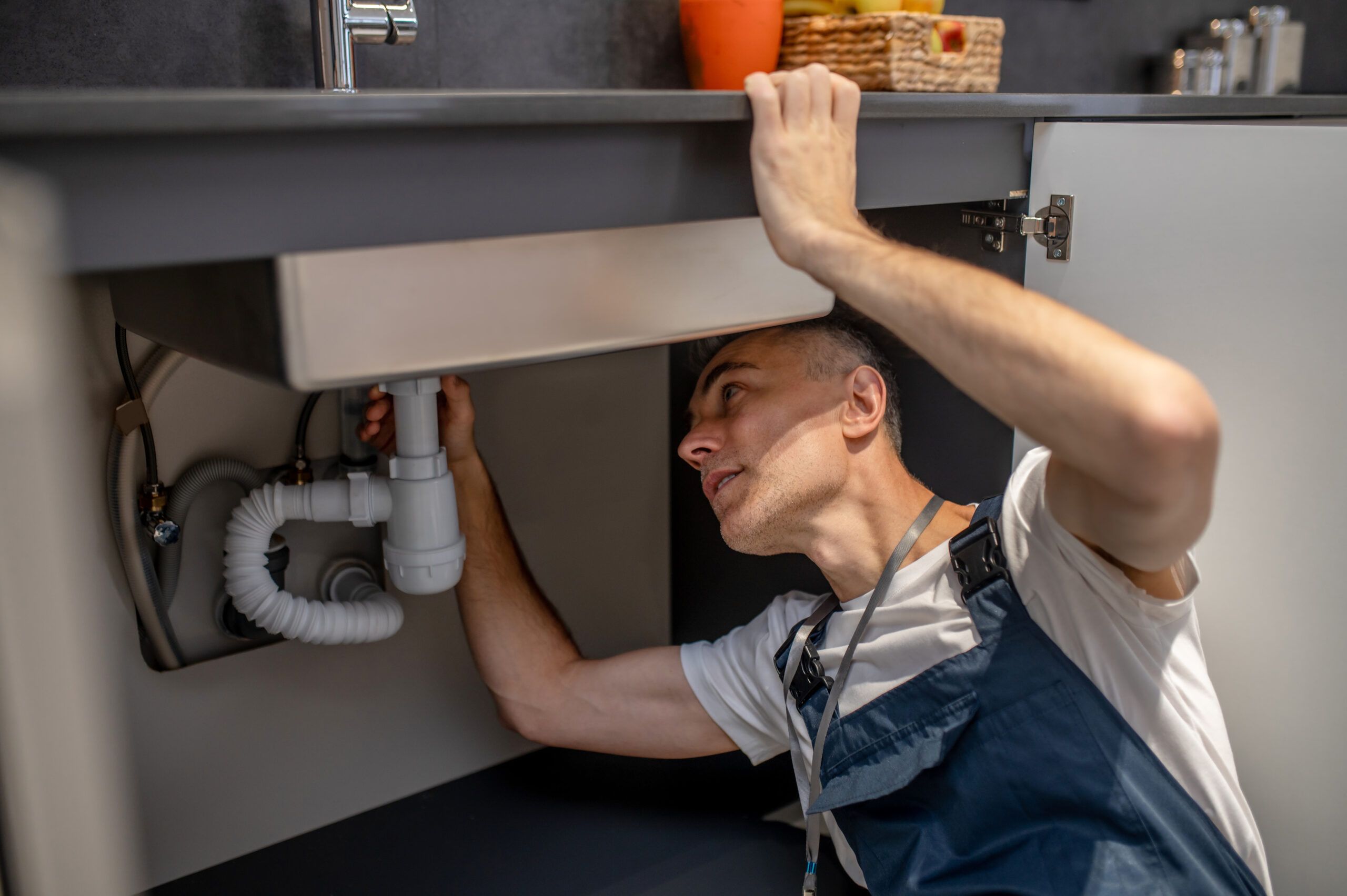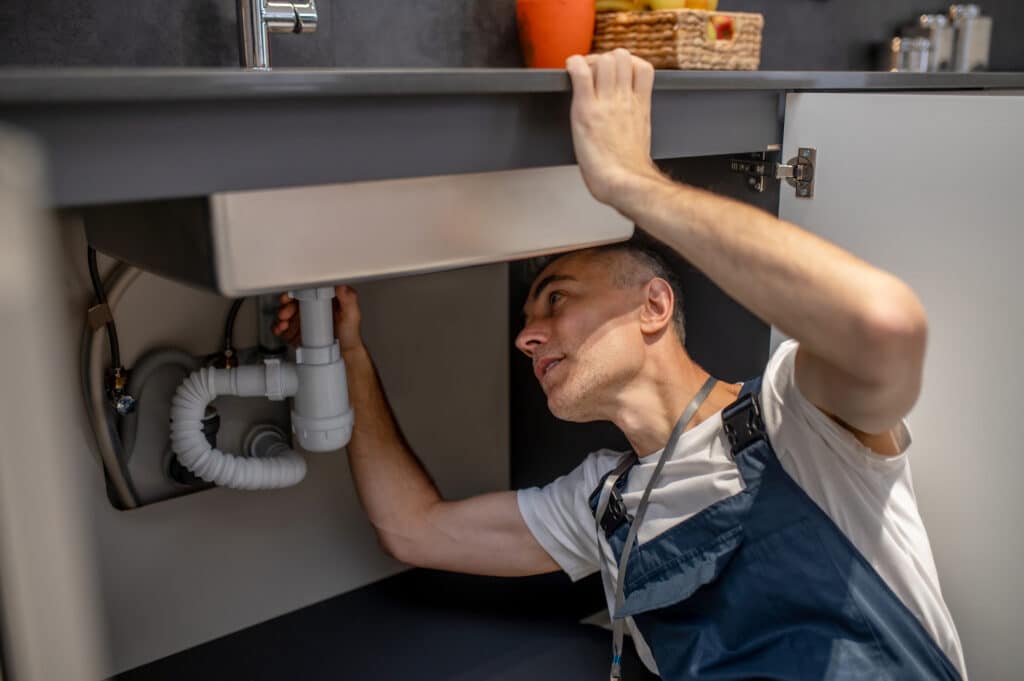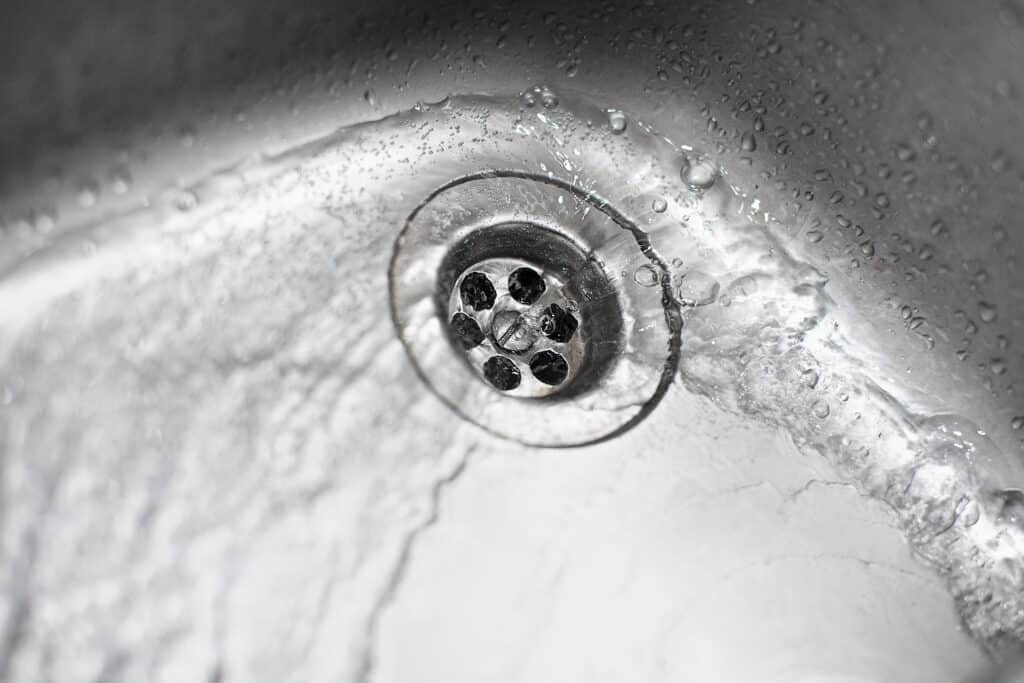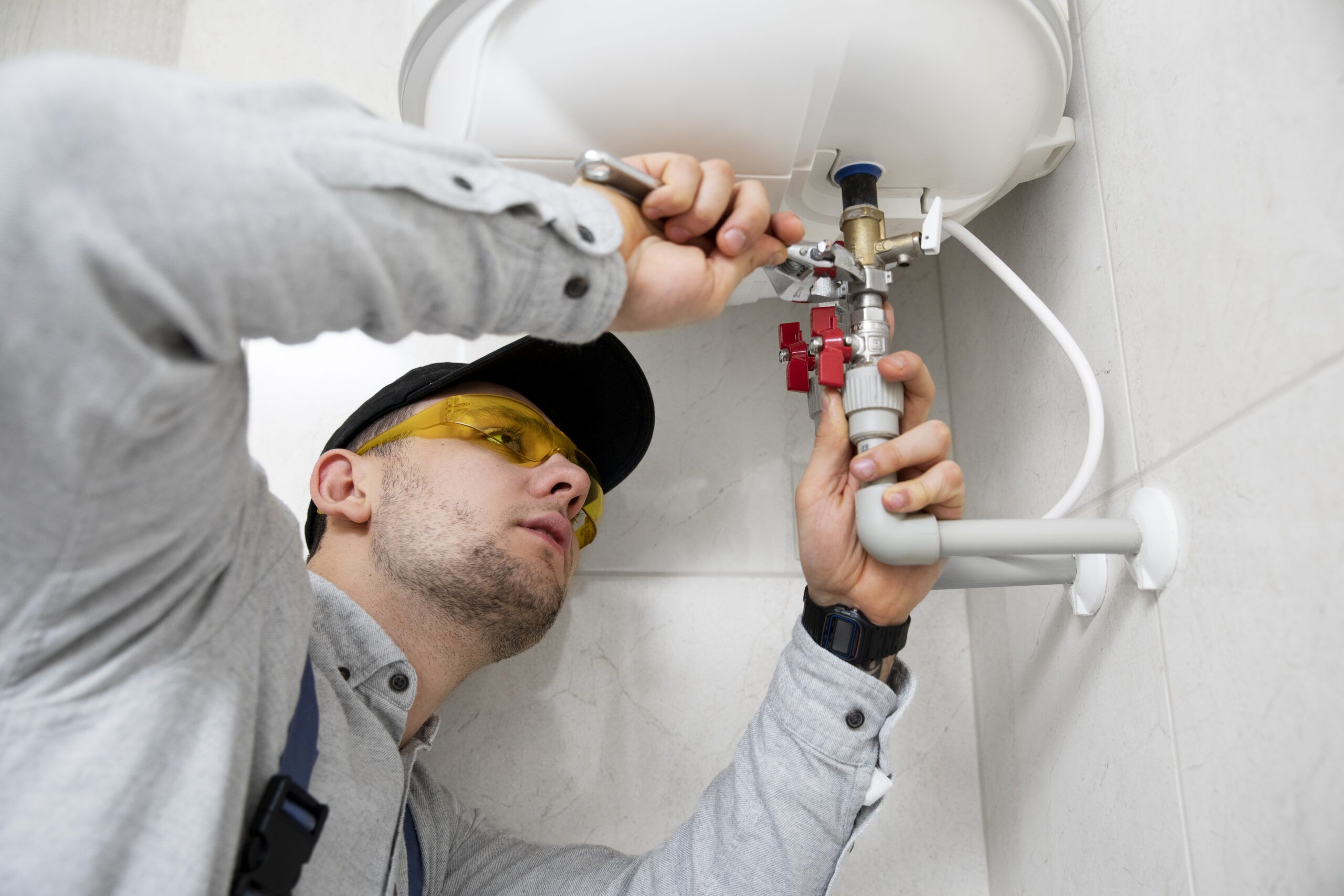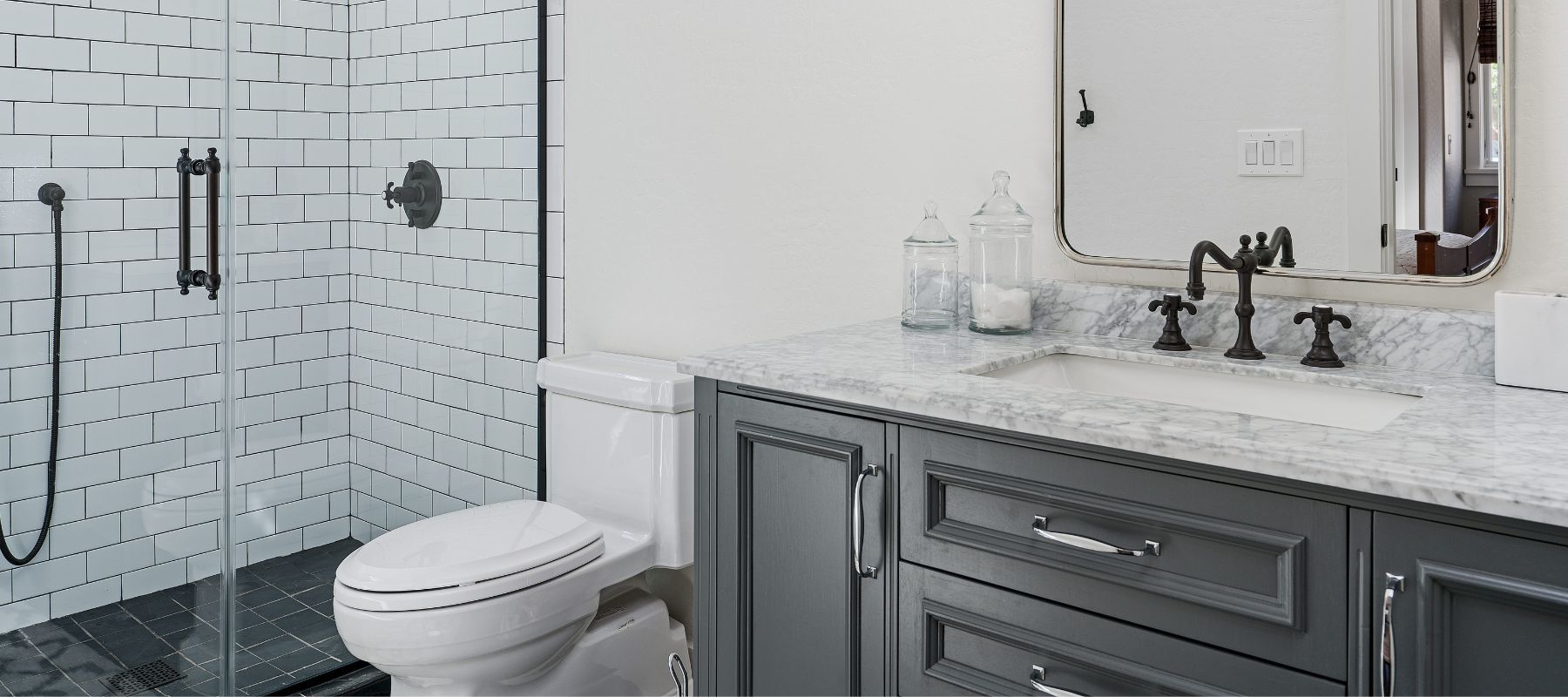Understanding the Causes of Drain Odors. How to prevent them.
Drain odors can be unpleasant and embarrassing. They often result from factors like trapped food particles, hair and soap scum, bacteria buildup, or sewer gas infiltration. Prevention involves regular cleaning, using sink strainers, and proper maintenance. If odors persist, professional assistance may be needed to address the underlying issue.
Few things can be as unpleasant in a home as a foul smell emanating from a drain. These unpleasant odors can range from mild and musty to downright offensive, but they all share a common source. Understanding why drains sometimes smell is crucial for both prevention and addressing the issue when it arises.
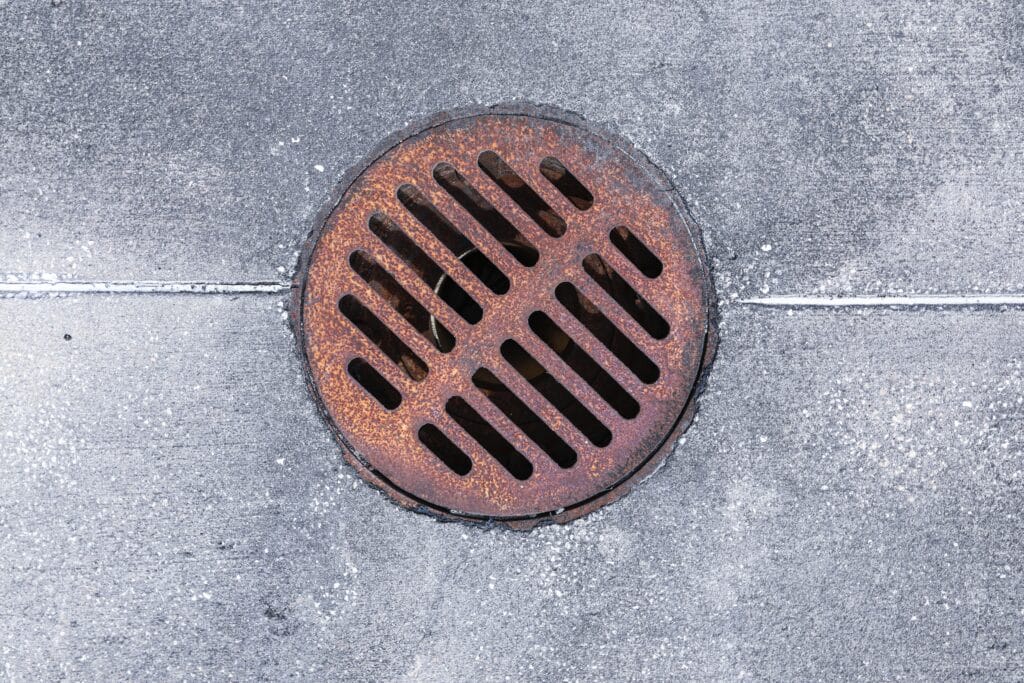
Common Causes:
Food Particles: In kitchen sinks, food particles can get trapped in the drain, decompose, and produce unpleasant smells. Grease buildup can exacerbate the issue.
Hair and Soap Scum: Bathroom drains often accumulate hair, soap scum, and other debris. Over time, these substances can decompose and create odors.
Biofilm and Bacteria: Microorganisms can form a slimy layer called biofilm inside pipes. These bacteria can produce sulfur compounds, leading to foul-smelling odors.
Sewer Gas Infiltration: Sometimes, the odor isn’t from the drain itself but rather from sewer gas infiltrating your plumbing system. This can happen if there’s a malfunction in the drain trap or venting system.
Blocked Vent Pipes: Vent pipes allow sewer gases to escape through the roof and maintain proper drainage. If these pipes become blocked or damaged, odors can permeate your home.
Preventing Drain Odors:
Preventing Drain Odors:
- Regular Cleaning: Keep drains clean by regularly flushing them with hot water and using a mixture of baking soda and vinegar to break down deposits.
- Sink Strainers: Use sink strainers to catch food particles, hair, and debris before they enter the drain.
- Proper Disposal: Dispose of grease and cooking oils in a separate container, not down the sink.
- Regular Maintenance: Schedule routine plumbing inspections to catch and address any issues before they lead to odors.
- Sewer Gas Prevention: Make sure that drain traps are functioning correctly, and vent pipes are unobstructed.
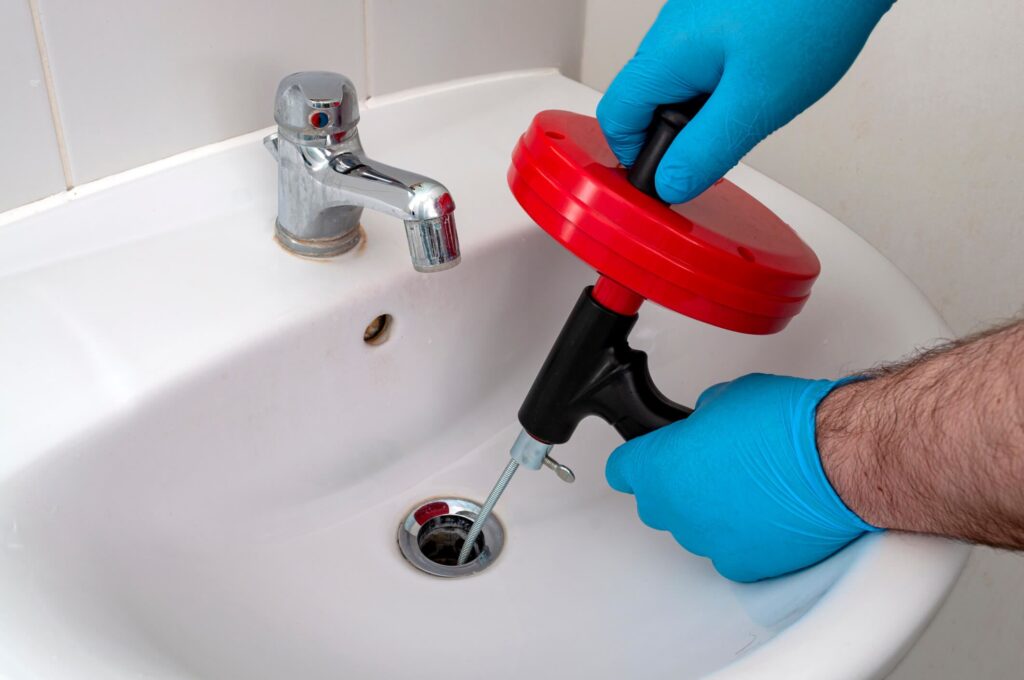
Addressing Drain Odors:
If you’re already dealing with drain odors, there are steps you can take:
- Flush with Hot Water: Pouring hot water down the drain can help dislodge and flush away odor-causing substances.
- Baking Soda and Vinegar: Create a mixture of baking soda and vinegar and pour it down the drain. Let it sit for a while before rinsing with hot water.
- Drain Cleaners: Use commercial drain cleaners, but be cautious and follow the instructions carefully.
- Professional Help: If the odor persists or is accompanied by other plumbing issues, it’s best to consult a professional plumber.
Understanding the causes of drain odors is the first step in preventing and addressing them effectively. Regular maintenance, proper disposal habits, and knowing when to seek professional assistance can help keep your home smelling fresh and clean.
Don’t forget, we boast the finest professional plumbing technicians in LA. Schedule your appointment today, and one of our heroes will pay a visit to your home.

